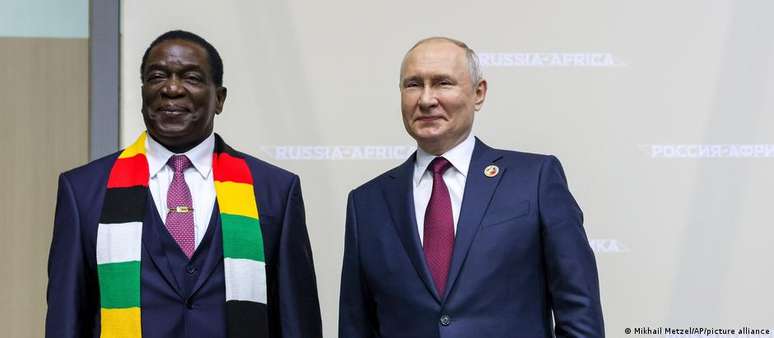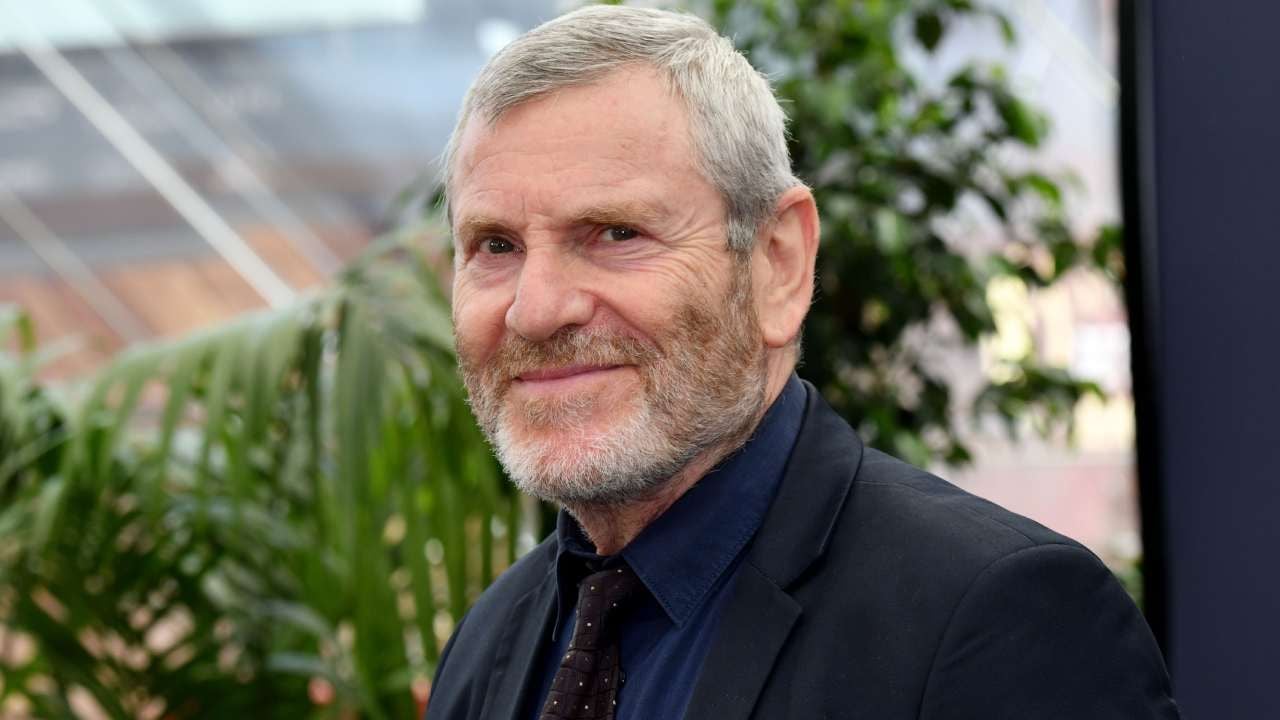Food or increase the influence? As devastating drought drives millions of people to starvation, Zimbabwe receives Russian grain and fertilizers. Although the donations are welcome, observers do not believe in purely humanitarian aid: in response to the devastating drought that has devastated Zimbabwe, Russia donated 25 thousand tons of wheat and 23 thousand tons of fertilizers to the country located in the south of the African continent.
Most crops planted during the 2023/2024 agricultural season failed due to the El Niño phenomenon, leaving more than 3 million people at risk of food insecurity.
Enny Nyashanu, 79, one of the victims of the failed harvest, told DW that the situation is dire: “I had great expectations from this harvest. I was sure that we would survive with our harvest. But there is no hope and nowhere where to run. The whole country is like this.”
Across Zimbabwe, especially in the Buhera district of Manicaland province, crops dried up and died. “There is nothing in the fields. We desperately need rain. We have lost hope of harvesting anything,” said a resident at a food distribution center.
The United Nations World Food Program (WFP) has struggled to keep up with demand for food assistance. “Financing has been and will continue to be a challenge,” says Sherita Manyika of WFP Zimbabwe.
The UN program is funded entirely by voluntary donations and Manyika says there is a huge funding gap.
For recovery?
Russia’s donation, part of the Kremlin’s promise of 200,000 tonnes of wheat to African countries during the 2023 Russia-Africa summit, could therefore be seen as timely help for Zimbabweans.
Zimbabwe is one of six African nations, along with Burkina Faso, Mali, Eritrea, Central African Republic and Somalia, that receive grain from Russia.
Emmerson Mnangagwa, the country’s president, showed his appreciation for the donation, extending his congratulations to Russian President Vladimir Putin.
“On behalf of the people and government of Zimbabwe, I express my deep gratitude to my dear brother, the President of the Russian Federation,” commented Mnangagwa during the official handover ceremony.
For many Zimbabweans the hope is that this aid can last a long time to ensure their survival: “We hope that these food donations will continue, so that our families survive. We have no other means to get food,” he told DW a woman at the food distribution center.
Reasons questioned
While the grain donation is a welcome relief for Zimbabwe, some experts question the motivations behind Russia’s action on the African continent.
Alex Vines, director of the Africa Program at Chatham House, a London-based think tank, told DW that Russia’s donation may have more to do with political strategy than humanitarianism.
“This does not strengthen Russian diplomacy in Africa. [A Rússia] it rewards its best allies or countries with which it wants to increase its involvement,” he says.
Vines said other African countries – including some even more in need – were not included in the wheat deal, “so this is a political statement rather than a humanitarian one.”
Furthermore, Zimbabwe’s tense relationship with Western powers makes it an attractive partner for Russia to display its influence.
“Zimbabwe is a country that has a bad relationship with the West. It’s a political statement to show that it has other partners. And Russia is one of them,” Vines says.
By providing essential resources, Russia would position itself as a secure ally, filling the void left by strained relations with Western countries.
The war in Ukraine “overwhelms”
As aid deliveries continue, questions are emerging about the long-term implications of Russia’s involvement in Africa, especially under Putin’s continued leadership.
Despite the prospect of further grain deals and even stronger ties, Vines says Russia’s ability to sustainably engage in Africa may be limited due to its ongoing commitments elsewhere, particularly the invasion of Ukraine.
“Although the Russian strategy is to engage the African continent, the reality is that Russia is overwhelmed,” Vines argues.
With resources diverted to other priorities, including military efforts, Russia’s ability to maintain its strength in Africa may face challenges.
For the Zimbabwean government, the main objective is to reassure citizens that no one will go hungry.
“Food insecurity targeting and grain distribution has begun in all areas of the country’s eight rural provinces. Beneficiary registration and grain distribution will continue uninterrupted during the El Niño drought,” said Zimbabwe’s Information Minister. Jenfan Muswere.
Future of Russia-Africa relations
As Putin secured his fifth term as Russia’s president, it remained uncertain whether further grain deals and stronger relations between Moscow and Africa were on the horizon.
Alex Vines reiterates that Russia’s resources are running out due to the war in Ukraine.
“We see a significant decline in defense aid to African countries due to the redirection of military equipment to war efforts in which Russia is involved,” he says.
The implication, according to Vines, is that this could open the door for other countries, such as China, to increase their influence in Africa.
Source: Terra
Rose James is a Gossipify movie and series reviewer known for her in-depth analysis and unique perspective on the latest releases. With a background in film studies, she provides engaging and informative reviews, and keeps readers up to date with industry trends and emerging talents.






